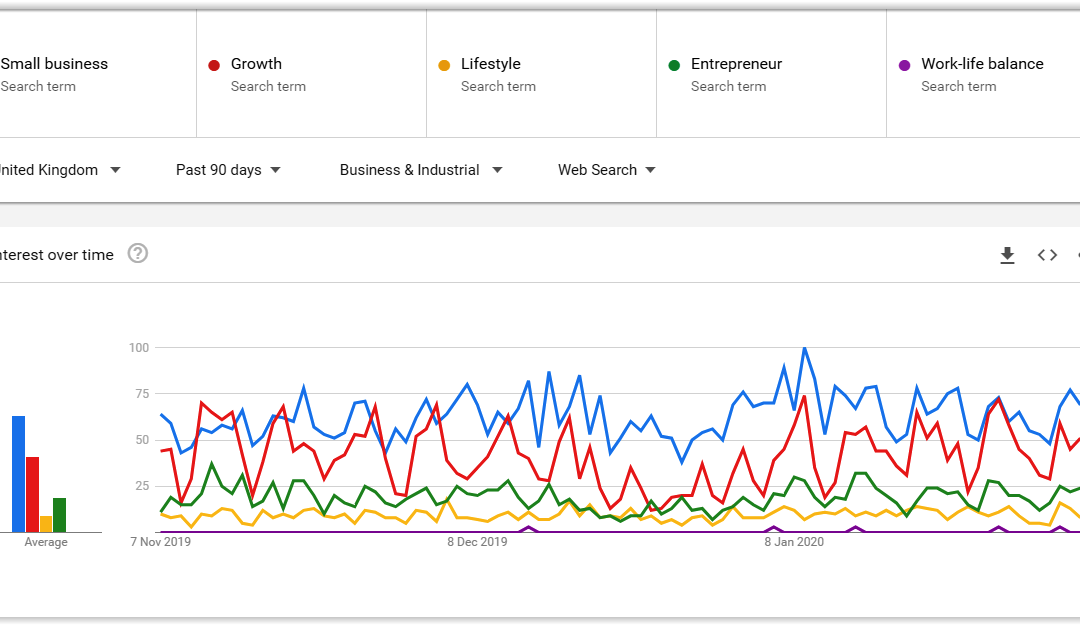Who are you? What are you like?
Where do you fit now and how has that happened?
Where will you fit in the future? How will you achieve that?
In this, the first of 3 blogs, we will explore the first question – what an owner managed business is, how it is intertwined with owner aspirations and some opportunities and threats that brings. And then we will explore some development routes, linking to the sense of place and time that brings context to your life and work.
What is an OMB?
Whilst it is owned and managed by one person or a small group, it is established, so not a start-up. They have different issues. An OMB is usually a SME (small to medium size enterprise) as well, so under 250 head count. As most SMEs are owner managed, the terms are often interchangeable.
Being established, you have learnt fast and survived – most new businesses fail before year 5. But you are aware that your business is small and whilst that has some advantages in agility, it is still fragile and can be damaged severely by external events such as the loss of a major customer, changes in regulations, economy and political or environmental issues.
What are you going through?
You know what you are doing, at the current level of activity. But you want more but without risking what you have worked so hard to get. Whilst you are OK with risk, you temper this with the need to consolidate. So, growth tends to be slower than you would like. You were clear when you started in business that it was all for a better life for you and yours. Yet growth brings more time pressures and money is allocated to growing – more working capital needs more cash – so you are aware this is a limitation on improving your life. There’s a tension between wanting to try new things – systems, markets, products – and maintaining what you’ve got.
Experience tells you a lot, but operating on gut instinct feels risky, especially now the environment seems to be changing faster. The Internet has opened up new markets but also new ways of comparison. It’s more difficult to be different when that must mean better product, keener prices, and better service.
It’s harder to find new customers as markets saturate. Once everyone has got what you and others offer you are chasing the same deals as your competitors. It’s a zero-sum game – you win, someone else loses. Or vice versa. You are having to work more to get the same result. Growth seems difficult.
What can you do?
There is no quick fix, your structure and systems might be fine for a previous life, but hasn’t caught up with new ways of working, or new markets. It is difficult for you to decide how any changes you make are working and how they fit with the rest of the business.
You need to review your methods and systemise so others can do your work. It may not be as good, but it can be good enough and you need to free up time. You need enough structure but not so much that it adds to overhead.
With a bit more time you can reflect on decisions and see if you can validate them instead of relying on gut instinct and implementing immediately. You can ensure changes don’t rock the boat and are fitted in to existing routines.
Outsource what you’re not good at. Which will be most of the admin. You never went into business to do admin – you wanted to do what you are good at, so unload the crud to make more time to do what you’re good at, earn more and you’ve got the money to off load all the cruddy bits. Buy yourself time to think about your business, or on more leisure.
Small time gains create a snowball effect of time saved and momentum built. That leads to organic growth, without strain.
Find ways of engaging with your market that is clearly you and no one else – don’t go too corporate, be more human. That’s the way the world is going, so put yourself in your customers’ shoes, as that’s what you would want as a customer. Make sure your systems don’t get in the way of good human interactions, ask yourself what you would want and make sure your customers get it every time. We have a client who works with Coca-Cola, teaching them to address customers in a more human way. Our client is building a good business on the back of this. If Coca-Cola think they need to do that, we all certainly need to.
OMBs place in a future world
We have mentioned some internal issues you can address relatively easily because they are under your control.
But you still need to know your place in the world, how changes have happened and where it is going, where you fit and how you can influence it. We will deal with that in the next blog where we cover the all-important issue of context. And in the third blog, we will talk about the future of OMBs and how you can leverage that.
If you would like to hear this in more detail and the next 2 blogs, there’s a free late afternoon seminar at Barclays Eagle Labs in Bournemouth on 3 March. Book here
In the meantime, have a look at our Lifestyle blog from 2016, which describes in more detail the type of entrepreneur you might be and our latest 2 blogs on Growth and Work Life Balance . There’s more in our short video on Growth and Control and our Strategy and Planning page. And there are free Energiser sessions available to explore this in more detail with you. Just contact us on 01202 520010 or email.
